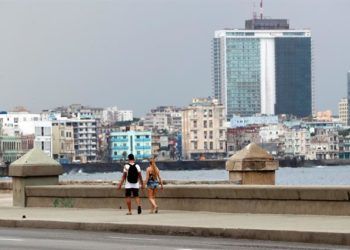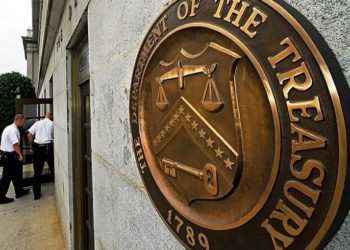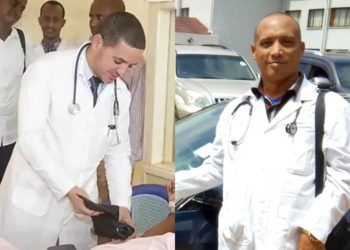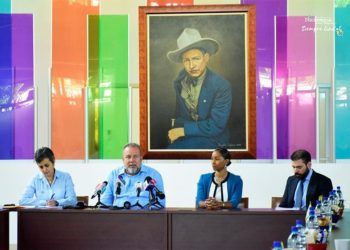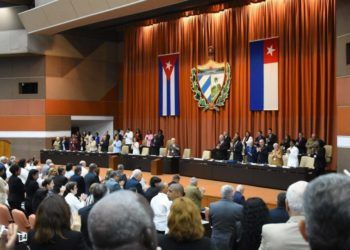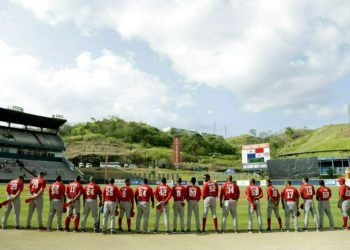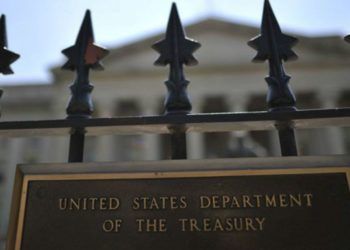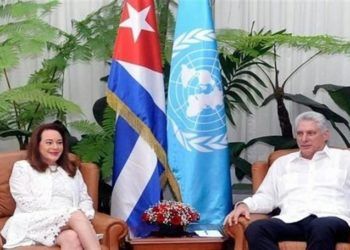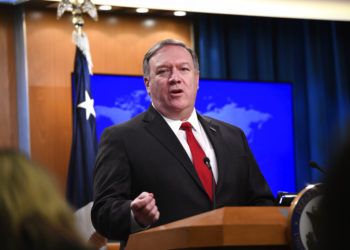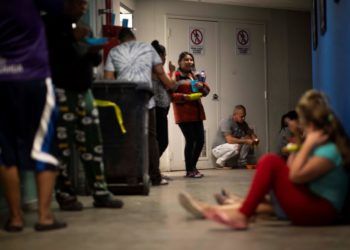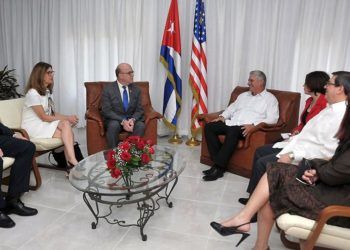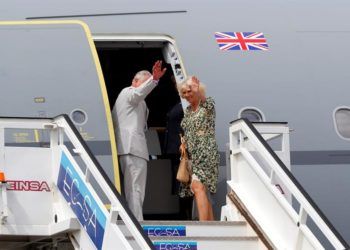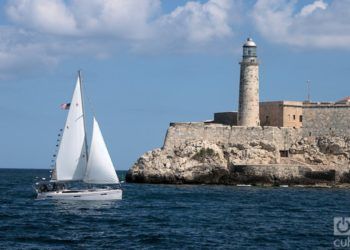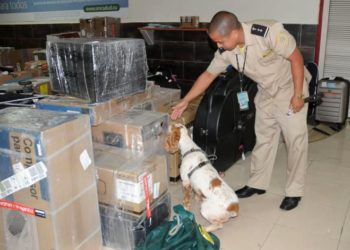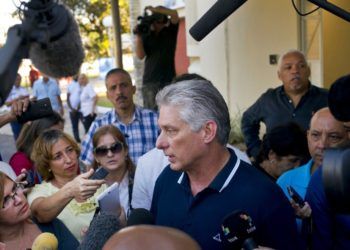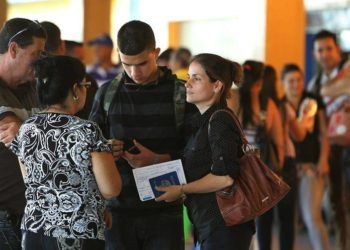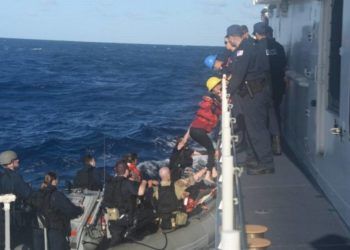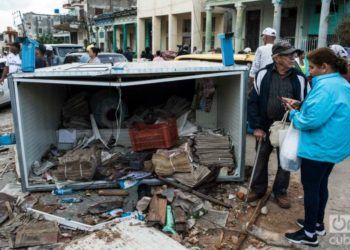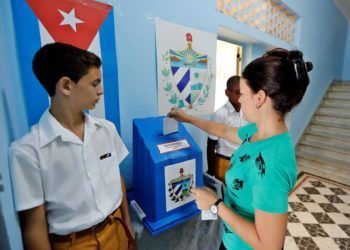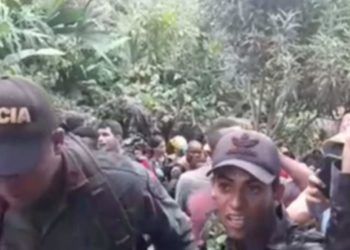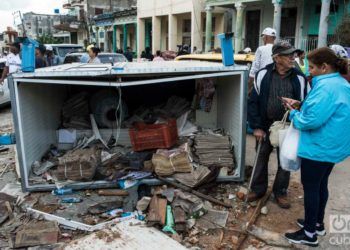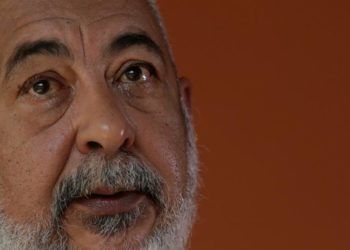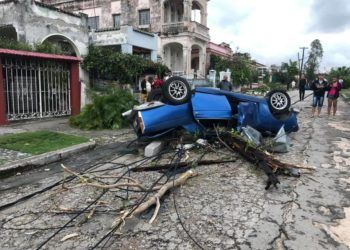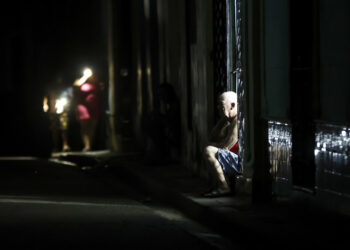Cuba to announce measures to boost state enterprises and make private enterprises more flexible
Cuba will approve 22 new measures to improve the efficiency of its state enterprises, many of them deficient, and in short will announce new legal regulations to make private work more flexible, at a time when the island is preparing to face a serious economic crisis. The head of the Permanent Commission for the Implementation and Development of the Guidelines, Marino Murillo, explained on Saturday to the National Assembly the approval of 22 new measures that will be applied in the short and medium term to try to boost socialist state enterprises, reported the official media. Among them, he mentioned that the entities that operate in the Mariel Special Development Zone, Cuba's flagship project to attract foreign investment, will be able to keep part of the foreign currency received for their exports in order to secure their investments and future productions. According to official data published last February by the Cuban official press, of the 1,776 state-run enterprises that exist in the country, only 43 are unprofitable. However, the real picture is different, since these figures are obtained from a calculation distorted by the monetary duality in Cuba, where the national peso (CUP) and the convertible peso (CUC, equivalent to...

